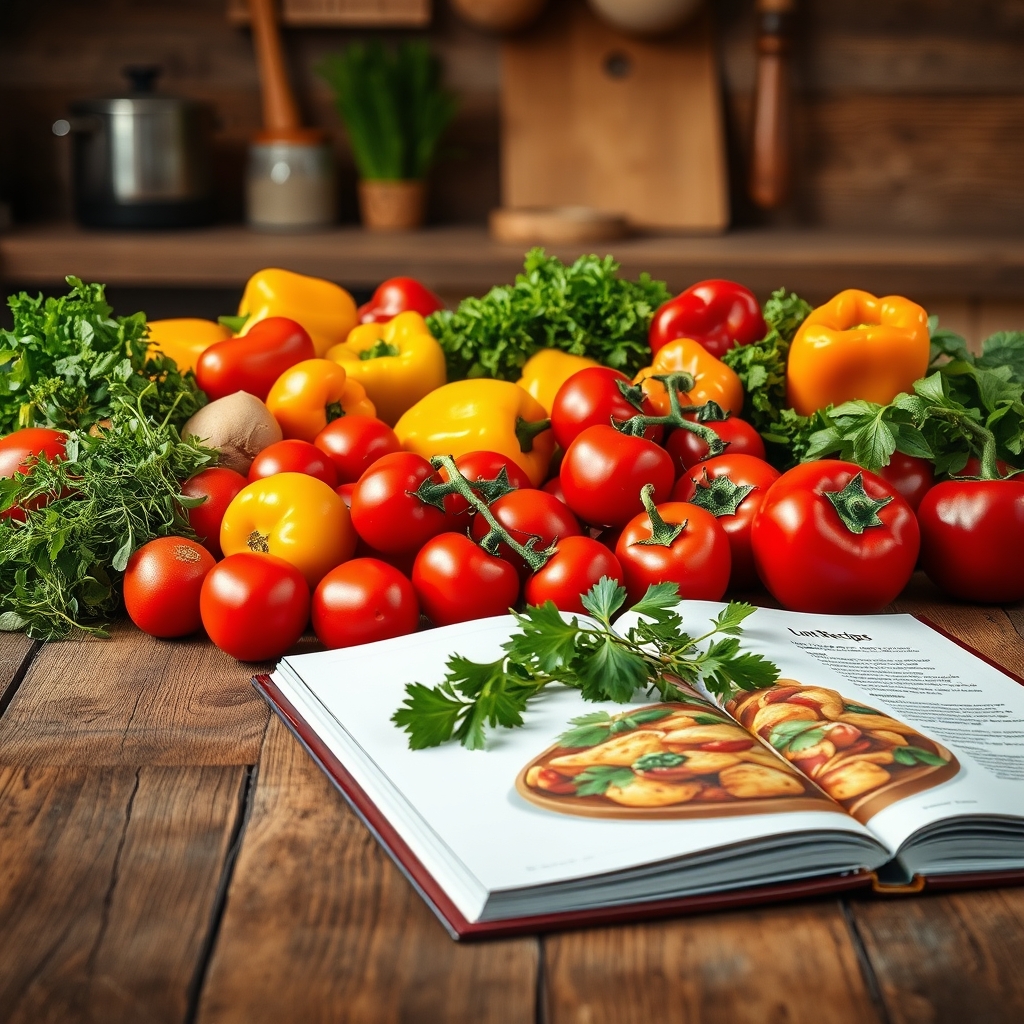Choosing Between Recipe Generator API and Chef Generator API: A Practical Guide

Choosing Between Recipe Generator API and Chef Generator API: A Practical Guide
In the world of culinary technology, APIs have become essential tools for developers looking to enhance user experiences in cooking and recipe management applications. Two notable APIs in this space are the Chef Generator API and the Recipe Searcher API. This blog post will provide a comprehensive comparison of these APIs, focusing on their features, use cases, performance, and scalability, ultimately guiding developers in choosing the right API for their specific needs.
Overview of Both APIs
The Chef Generator API is designed to generate unique recipes based on user inputs and preferences. It leverages machine learning algorithms to create recipes that are not only innovative but also tailored to individual tastes. This API is particularly useful for chefs, food bloggers, and culinary professionals who seek to streamline the recipe creation process.
On the other hand, the Recipe Searcher API offers access to a vast database of over 2 million recipes. Users can search for recipes using keywords, dietary restrictions, and various filters, making it an excellent tool for those looking to discover new culinary inspirations. This API is ideal for applications that require a broad range of recipe options and detailed information about each dish.
Side-by-Side Feature Comparison
| Feature | Chef Generator API | Recipe Searcher API |
|---|---|---|
| Recipe Generation | Generates unique recipes based on user inputs. | Searches a database of 2 million recipes using keywords. |
| Customization | Highly customizable based on ingredients and preferences. | Filters recipes by dietary restrictions and cooking time. |
| Output Format | Returns structured JSON with recipe details. | Returns detailed recipe information including images and nutritional facts. |
| Use Cases | Ideal for chefs and food bloggers creating new recipes. | Perfect for users looking to explore a variety of recipes. |
Example Use Cases for Each API
Chef Generator API
The Chef Generator API is particularly useful in scenarios where users want to create personalized recipes. For instance, a cooking app could allow users to input available ingredients and dietary preferences, and the API would generate a unique recipe tailored to those inputs. This can save time and inspire creativity in the kitchen.
Recipe Searcher API
In contrast, the Recipe Searcher API is ideal for applications that aim to provide users with a wide variety of recipes. For example, a meal planning app could utilize this API to allow users to search for recipes based on specific ingredients, dietary restrictions, or cuisine types, making it easier for users to find dishes that suit their needs.
Performance and Scalability Analysis
When considering performance, the Chef Generator API excels in generating recipes quickly based on user inputs. Its machine learning algorithms ensure that the recipes are not only generated fast but also relevant to the user's preferences. This makes it a great choice for applications that require real-time recipe generation.
On the other hand, the Recipe Searcher API is built to handle large volumes of requests, given its extensive database of recipes. It can efficiently manage multiple queries simultaneously, making it suitable for applications with high user traffic. The API's ability to filter recipes based on various criteria also enhances its performance, allowing users to find what they need quickly.
Pros and Cons of Each API
Chef Generator API
Pros:
- Generates unique and personalized recipes.
- Utilizes machine learning for improved accuracy and relevance.
- Time-saving for users looking for quick recipe ideas.
Cons:
- Limited to recipe generation based on user inputs.
- May not have a vast database of existing recipes.
Recipe Searcher API
Pros:
- Access to a large database of over 2 million recipes.
- Flexible search options with various filters.
- Provides detailed information about each recipe, including nutritional facts.
Cons:
- Does not generate new recipes; relies on existing ones.
- Search results may vary based on the specificity of the query.
Final Recommendation
Choosing between the Chef Generator API and the Recipe Searcher API ultimately depends on the specific needs of your application. If your goal is to provide users with personalized recipe generation based on their inputs, the Chef Generator API is the better choice. However, if you aim to offer a wide variety of recipes and allow users to explore different culinary options, the Recipe Searcher API would be more suitable.
In conclusion, both APIs offer unique features and capabilities that cater to different aspects of culinary technology. By understanding the strengths and weaknesses of each, developers can make informed decisions that enhance user experiences in their cooking applications.
Looking to optimize your Chef Generator API integration? Read our technical guides for implementation tips.
Ready to test Recipe Searcher API? Try the API playground to experiment with requests.





